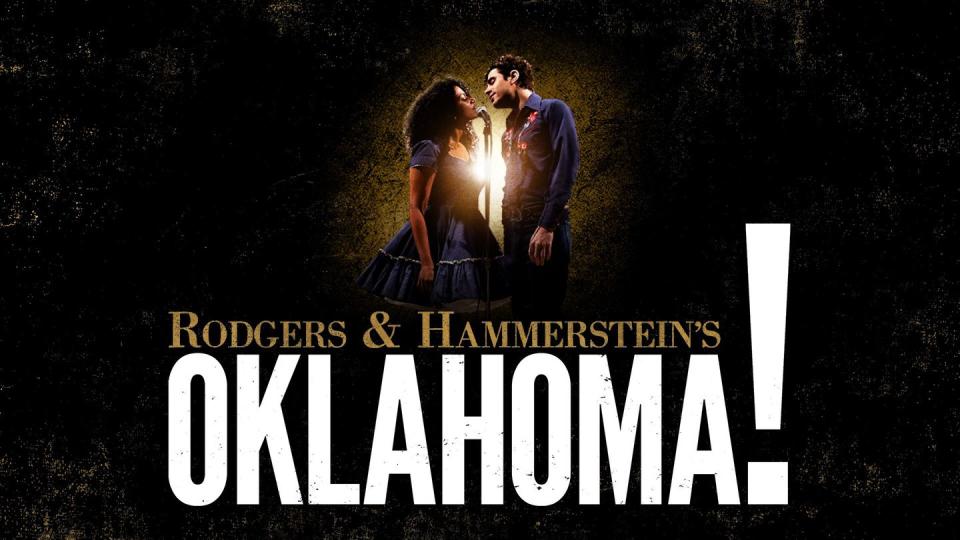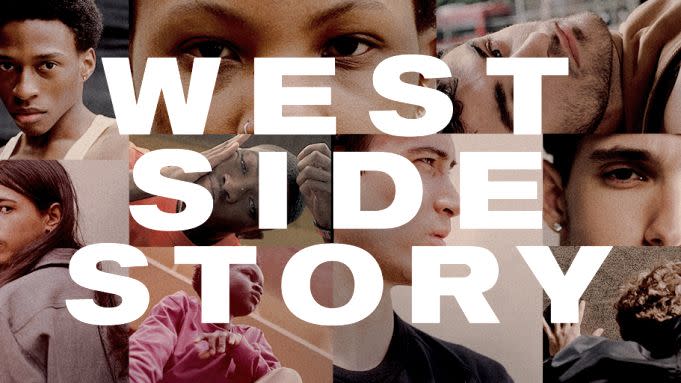How Do You Remake a Classic Broadway Musical?

Recently, theatrical traditionalists were sent into a panic when Belgian director Ivo van Hove revealed that his production of West Side Story (now at the Broadway Theatre) would update the musical by removing the song “I Feel Pretty” and dropping Jerome Robbins’s legendary choreography. In light of that, and the upcoming Company revival in which a formerly male lead character is female, it feels necessary to ask: Is updating canonical shows heresy, or do the classics have to adapt to stay alive? We gathered some of theater’s brightest minds to debate.
Daryl Roth, producer, How I Learned to Drive: Some people revere musicals in their original form like crazy people—and there are good reasons to do that. Tinkering with a book or lyric is sacrilegious for some.
Marianne Elliott, director, Company: We didn’t add anything [to Company]. That was part of the challenge. The show would work or not based on the writing, and if it didn’t it was our fault, not the writing’s.

Roth: I think a director has the right to alter the writer’s thoughts through staging without changing anything. I think it gives validity to a piece of writing.
Daniel Fish, director, Oklahoma!: The intention of the writer is what’s on the page. Whether I’m working on Shakespeare or Rodgers and Hammerstein, that’s the place I come from.

Jeremy O. Harris, playwright, Slave Play: Some people want a revival to act like a book report for a new generation. And somehow they think that new generations pop up every three years.
Elliott: There must be a huge amount of respect for the writing. You can easily change something that could be more convenient for your production, but that’s disrespectful to the writer and the amount of time that they spent crafting every line.
Roth: Audiences love the familiar, which is why revivals are so popular.
Fish: Sometimes a false opposition gets set up between a production that is “true” to the original and one that is “new.” All productions are new. Theater happens in the moment. Whenever we’re making something, we’re making something now.
Harris: Ivo is exciting and interesting for me, because I think a lot about who gets to make big gestures and who doesn’t. Black work is revived infrequently, so there’s a burden on preserving it in amber. If I directed a revival of For Colored Girls, I’d set it on a Nicki Minaj music video shoot.

Roth: I don’t think you can unweave a fabric that’s woven tightly and written well, and the classic American musical is that. If you start pulling a thread, who knows what’s going to unravel?
This story appears in the March 2020 issue of Town & Country. SUBSCRIBE NOW
You Might Also Like
